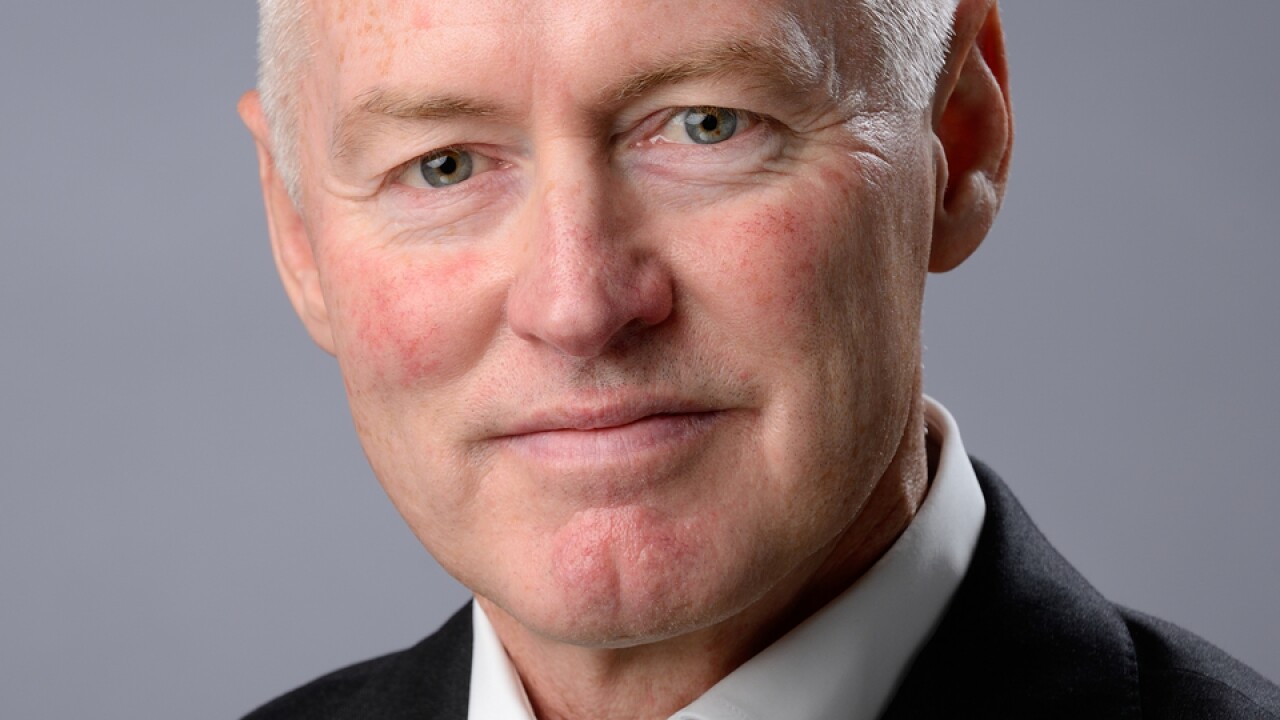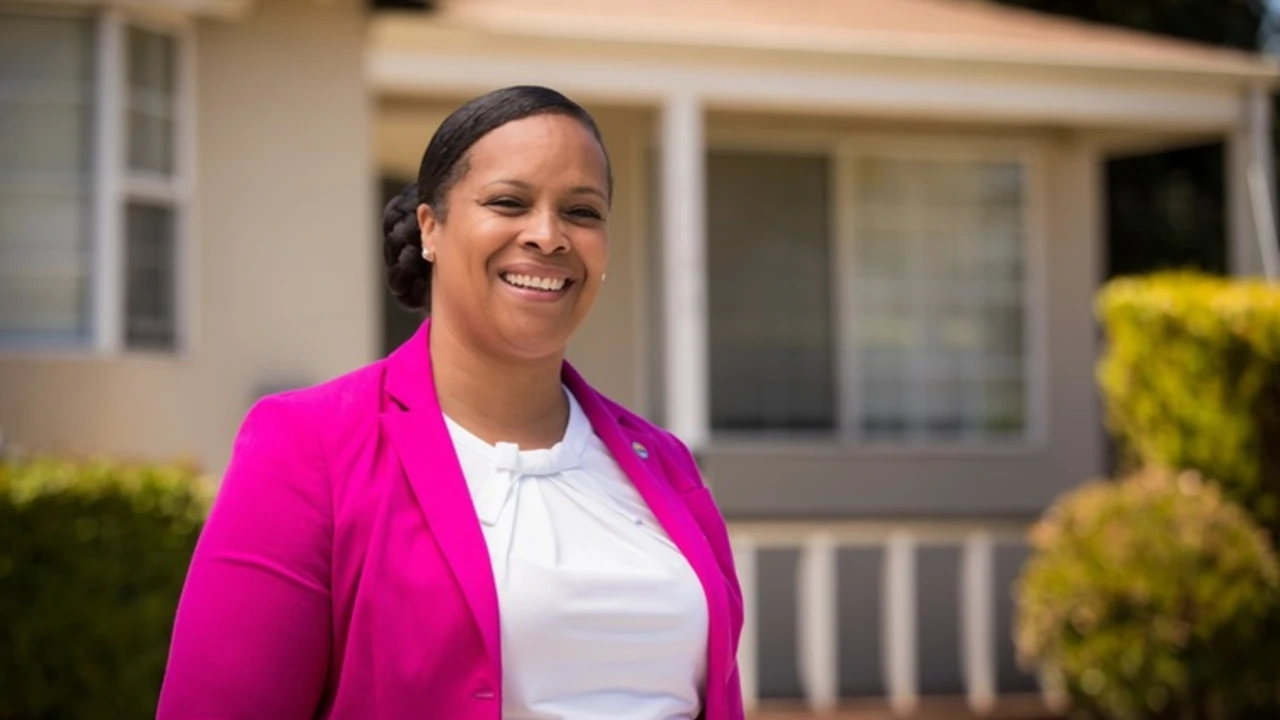Other post-employment benefit liabilities remain a large budget hurdle for Delaware's Legislature, but state officials are optimistic that they will settle on a funding method through a regular percentage of payroll by the end of the session on June 30.
The push to fund OPEB liabilities comes after a governor-appointed task force in October - in response to the Governmental Accounting Standards Board new reporting requirement - valued the state's long-term health care liabilities for retired state workers at $3.1 billion, slightly larger than the entire proposed fiscal 2007 budget.
As the economy in the state continues to perform well, officials for the triple-A rated state are confident in the state's ability to meets its obligations.
"Delaware's economy is in strong shape but we have a lot of demands placed upon us and the goal is to delicately weigh those demands and provide an adequate level of service," said Tom Cook, the deputy director of finance.
Gov. Ruth Ann Minner's administration is working with the lawmakers to hammer out a payroll formula that will divert a small percentage of worker earnings toward an OPEB trust fund, Cook said. The administration is proposing that the Legislature approve a yearly contribution totaling about 0.16% of employee salaries, though final details won't be hammered out until the general session finishes at the end of June.
"The governor's recommending that OPEB contributions become a percentage of payroll so that we start to fund the liability like other long-term issues in the past," said Jennifer Davis, the state's director of management and budget.
Actuaries will come in to help the state develop the OPEB trust fund over time.
"It's just like a pension program where you determine what your long-term needs are and then you build on them as a percentage of payroll each year," Davis said.
The payroll funding mechanism will probably fluctuate year to year, but first the Legislature must be in agreement that OPEB liabilities should be funded as a percentage of payroll, Davis said.
"We need to make it a mechanism that's institutionalized so that every year we have a way to fund it," Davis said.
The state has already set aside $22.5 million for OPEB liabilities, and Minner proposed another $5 million in funding when she announced her fiscal 2007 budget in January, according to the Department of Finance.
"It's small relative to the total OPEB obligation, but it's a start," said Stephanie Scola, the state's director of bond finance.
Officials said funding for OPEB liabilities would be loosely modeled on the plan the state adopted in the 1970s to fund its pension system, which currently has about $5.2 billion in assets and is now fully funded. Delaware developed a formula based on payroll that coupled state and individual contributions.
Another key spending issue for Minner is how to resolve a $2.88 billion budget shortfall over six years for the trust fund that the state Department of Transportation uses to fund its operations.
Officials at the department argue it isn't a shortfall at all - rather, they say, rising fuel and steel costs have made the cost of doing business more expensive. Regardless, the agency will need to find new sources of revenue if it's to fully fund all of the projects on its books.
Minner proposed transferring a small amount of money from the general fund into the transportation trust fund, but she has yet to weigh in on selling tolling rights to the state's roads or increasing gas taxes or other motor vehicle-related levies.
A task force that she appointed last year - separate from the group that analyzed OPEB liabilities - said that privatizing the state's 24-mile segment of Interstate 95 could net about $1.9 billion in a lump-sum payment. But the solution is politically contentious because state politicians worry it would look bad to sell tolling rights to foreigners, who tend to bid on such contracts.
"We haven't gotten any indication that there's going to be one thing or another that's done," said Michael Williams, a DOT spokesman.
Cook said that it will take the state until June to prioritize the department's finances and see if any of the projects on its books can be scrapped or delayed.
"From there it will take another six months to look at what revenue we need to accomplish the projects after we've prioritized them," he said.
Meanwhile, the governor plans to select a panel of outside financial and business to monitor the department's finances.





